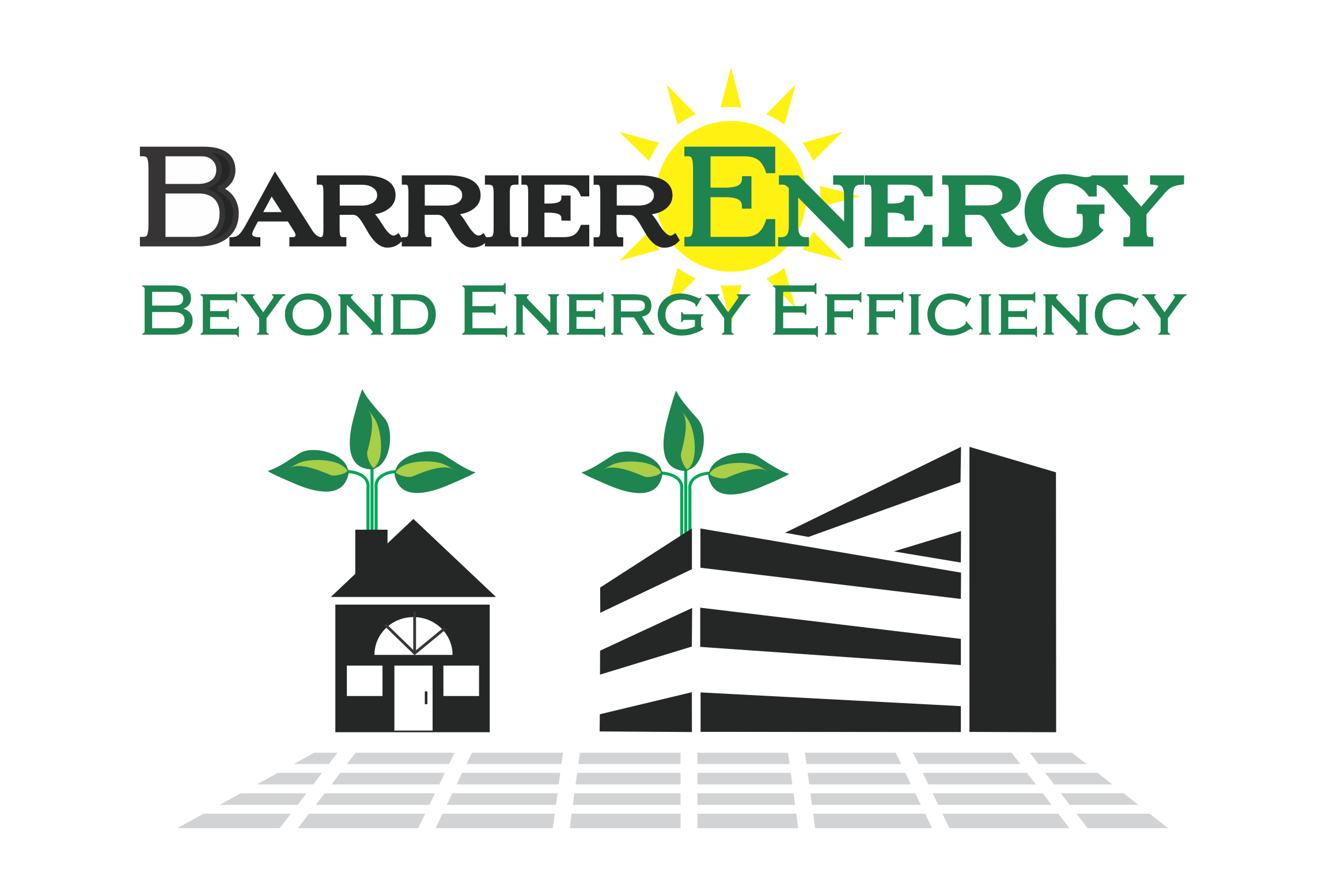Title 24 Compliance
Learn about California Building Codes

What is Title 24 Compliance?
Title 24 of the California Energy Commission’s (CEC) Building Code outlines energy efficiency standards for new, altered, and existing buildings in the state of California. California requires a minimum mandatory energy score, as well as mandatory compliance measures. Optional efficiency upgrades and testing translate into compliance points, which are used to attain permit approval. Complying with Title 24 is a multi-step process involving different sets of forms.
It is the duty of HERS Raters to perform testing and inspecting in order to verify Title 24 compliance. Contrarily, we will let you know if any title 24 exemptions apply to your project. Title 24 Reports are all-encompassing documents that provide specifications for all energy-demanding features of new and altered constructions. From insulation to HVAC efficiency, Title Reports layout the energy calculations for proposed constructions. As a result, builders and owners submit these reports to the Building Department along with the plans, as required by law for approval. Why? The California Energy Commission outlines Building Energy Efficiency Standards in ‘Title 24’ of their codes. Subsequently, specialists known as Title 24 Consultants, were born to provide consultation to architects, engineers, installers, and builders. They make sure that every project falls within the margin of energy compliance.
As HERS Raters, the team members of BarrierEnergy are Energy Code specialists. HERS Raters perform compliance testing to enforce the plans. However, we are also two-in-one Title 24 Consultants. Depending on what stage of the project we come in on, we can create these reports, also known as CF1Rs. However, sometimes we receive the CF1R file from someone else and we complete the installer/HERS verifications.
CF1R
Builders must take three steps to gain final approval. First, the Certificate of Compliance verifies the plan-set meets energy efficiency standards. This initial report, also known as the CF1R or Title 24, is necessary to receive a building permit. It contains all the plans for energy usage throughout every consuming feature of the building. Therefore, your architect should always be aware of current Energy Standards or work closely with an Energy Consultant. At BarrierEnergy, we both create Title 24 Reports and provide consulting. Next, this document is submitted to the Building Department for approval, along with the building’s plans.
CF2R
Once authorities approve the plans, construction may begin. At this stage, it is time to fill out the installer verification forms. We will inspect the electrical, mechanical, and plumbing installations to verify that they match the plans. HERS Raters will test or report on the efficiency of all energy-consuming systems. Typically, this should be completed before the walls are put up. We should have access to all HVAC systems as well as other altered features, such as insulation. Once everything passes, the Rater can complete the data entry for the Certificate of Installation. Then, the installer or designated contractor signs off on these CF2R documents.
CF3R
Lastly, the project must obtain a Certificate of Verification before the final inspection. The COV is the last document to authenticate construction. After construction is completed, HERS Raters perform final testing on the job site and enter their findings into an online database. This legally binding document ensures consistency between state codes and the actualization of the building plan. Now, it’s finally time to call for a final inspection! Local building Inspectors have direct access to the data we’ve entered.
CF1R / Title 24 Report / Certificate of Compliance
First, an Energy Consultant must create a Certificate of Compliance. Also known as the CF1R or Title 24, it contains energy calculations based on the plans. In fact, the applicant must include this along with their plans for permit submittal. The local Building Department reviews this document to verify that the plans meet energy efficiency standards. “Energy calculations” are the efficiency rating that each energy-consuming feature contributes to the overall energy score. HVAC systems, windows and insulation are some of the features you will find here, for instance. Therefore, your architect should always be aware of current Energy Standards or work closely with an Energy Consultant. At BarrierEnergy, we both create Title 24 Reports and provide consulting to architects.
CF2R / Certificate of Installation
Once authorities approve the plans, construction may begin. At this stage, it is time to fill out the installer verification forms. It is the duty of a HERS Rater to inspect and test all the features outlined in the plans. Typically, this should be completed before walls go up. We should have access to all HVAC systems as well as other altered features, such as insulation. Once everything passes, the Rater can complete the data entry for the Certificate of Installation. Then, the installer or designated contractor signs off on these CF2R documents.
CF3R / Certificate of Verification
Lastly, the project must obtain a Certificate of Verification before the final inspection. The COV is the last document to authenticate Title 24 compliance. After construction is completed, HERS Raters perform final testing on the job site and enter their findings into an online database. This legally binding document ensures consistency between state codes and the actualization of the building plan. Now, it’s finally time to call for a final inspection! Local building inspectors have direct access to the data we’ve entered, but they may request printed copies on site, additionally.
Making Revisions
Often, we find that plans change as projects progress. It complicates things a bit, but it’s always possible to make corrections. The original Title 24 Report would need to be corrected, along with making a revision to the permit. It’s essential for the Title 24 document to accurately reflect what’s taken place. No matter how small the detail seems, it can knock your project right out of compliance. We must accurately verify every window and light! When we make Title 24 Reports in-house, not only do we streamline the entire energy compliance process, but we also leave enough room for minor changes in our energy calculations. Thus, small changes will not hold up the project from reaching final inspection. Read more about this topic on our website’s blog!
(888) 383-HERS (4377)
Contact Us
Please, let us know if you have a question or a comment!
